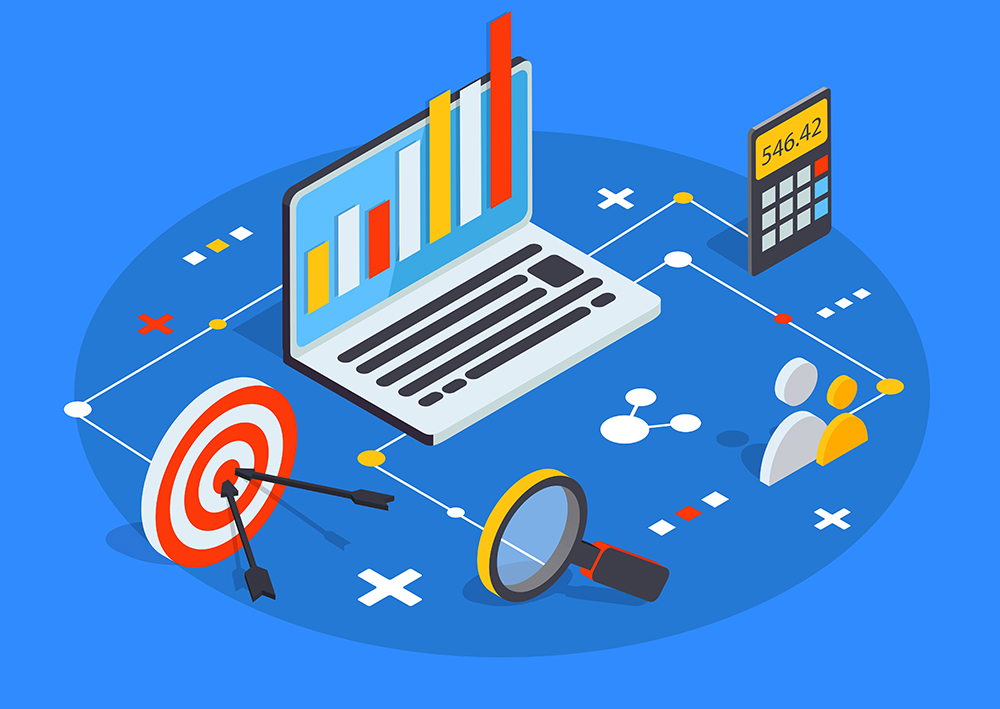
Insights into data-driven marketing
Data-driven marketing is essentially a strategy based on the analysis of what is now called ‘ Big Data’. This data is collected through consumer interactions with online sites and marketers use this information to make predictions about how consumers will behave in the future, enabling them to form more precisely targeted advertising campaigns.
Of course, marketers have to know how to organise and analyse the data, but once they do, and have a strategy that applies their findings, it should lead to an enhanced customer experience.
Let’s look at the key benefits of data-driven marketing:
- More personalised messaging; companies need to get the right message to the right audience at the right time. With data-driven marketing you can create customised campaigns that provide more conversions through a better understanding of the customer profile.
- More accuracy; the collected data provides more accurate and actionable information about customers. It is easier to divide them into specific target groups with a data-driven approach.
- Multi-channel reach; you can go beyond emails and extend a campaign to multiple channels in a consistent way.
- More refined experience; not only can you use data to enhance the customer experience; you can also instigate satisfaction surveys and pinpoint where improvements are needed.
- Enhanced product development; data-driven marketing can reduce new product failure rates, because they have a clearer idea of what their customers really want.
Problems with data-driven marketing
The theory sounds great, but there are challenges in implanting this marketing approach:
- Finding the right team with the analytic skills
- Lack of data integration due to different departments having different goals when collecting the data
- Commitment to following a data-driven strategy may end up being in short supply, especially if the team isn’t familiar with the tools needed to implement it
- Lack of a unified view of the customer due to a failure to integrate the data from all sources, including mobile devices and social media.
How might you use data-driven marketing?
Here are a few suggestions about how you can use data-driven marketing in your business:
- Retargeting customers is very important. For example, if there is a customer who has booked a diving holiday, you can offer deals on diving lessons and equipment, as well as similar holidays in other resorts.
- Orchestrated dynamic advertising across major social media channels. These allow two-way communication with your followers. Also, enable your customers to sign up for information with just one click then gather this valuable information and feed it into your database.
- Use keywords to analyse what your customers are searching for and analyse what your competitors are doing in this regard as well. You can leverage this information to achieve a strong position in search results and drive traffic to your site.
- Better targeted email campaigns are possible, because you’ll be able to group your target audiences and send each one the right message for them. Automated, data-driven emails can also be personalised to provide a more one-on-one experience for the customer.
At Peppermint the team understands the importance of gathering and analysing data to achieve better results – contact us today to find out more.

